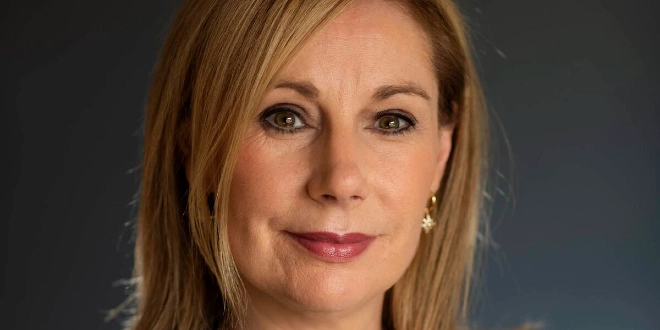Minister for Education Helen McEntee has made it clear that she will use legislative powers if necessary to ensure that schools provide adequate places for children with additional needs. She has signaled a firm stance, warning that schools must open more special education classes or face being compelled to do so.
To address the broader needs of inclusive education, Minister McEntee plans to write to the Teaching Council, requesting the introduction of mandatory assessed placements in special education settings for all student teachers. The goal is to ensure every future teacher gains hands-on experience in environments that cater to children with diverse educational needs. A nationwide survey across Initial Teacher Education (ITE) institutions will also be conducted to assess the current approach to special education training.
McEntee emphasized her commitment to expanding resources in this area, including the creation of more special classes and schools, hiring additional Special Needs Assistants (SNAs), and increasing the number of special education teachers. The objective is to have a fully trained cohort of teachers capable of supporting every child in their classroom by 2026.
She noted that many students in mainstream schools don’t require placement in special classes or schools but do need tailored support to help them succeed. According to McEntee, providing adequate training to teachers is essential to give children the best possible educational experience, regardless of their specific needs.
Teachers and Unions Support the Shift, Call for Increased Training Resources
John Boyle, General Secretary of the Irish National Teachers’ Organisation (INTO), welcomed the minister’s proposals, highlighting the reality that every classroom in Ireland has children with additional needs. Speaking on RTÉ, Boyle stressed that while teachers are already navigating child protection policies and anti-bullying action plans, the majority have received little to no formal training in special education.
Boyle strongly advocated for expanding the number of training slots available for the Special Education Diploma. Currently, only about 250 teachers per year can access this programme, which he argued is far from sufficient. At the present pace, it could take up to 80 years to ensure all teachers receive proper training.
To speed up the process, he proposed that teachers be given at least two days per school term for targeted in-service training. One day would be devoted specifically to special education and the other to other essential areas such as child protection. Boyle emphasized that this structured approach would accelerate the ability of educators to meet the evolving needs of all students in Irish schools.
 The Daily Star Ireland
The Daily Star Ireland



